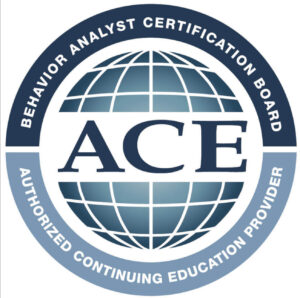
Developmental science and Applied Behavior Analysis (ABA) are both used in Naturalistic Developmental Behavioral Interventions.
Developmental science provides the theoretical foundation by identifying the typical patterns of development in children and the factors that influence them. While ABA provides the tools for NDBIs to observe, measure, and analyze behavior, and then use that information to develop and implement interventions that promote positive behavior change.
The components of an NDBI approach give the interventions their name:
- Naturalistic – Teaching happens in typical daily interactions. One of the advantages of naturalistic methods is efficiency. Autistic children don’t always automatically transfer, or generalize, new skills to situations they have not practiced. By teaching skills in natural settings, they don’t have to be taught separately and then take more time to teach them in real life settings.
- Developmental – Skills are taught following the typical patterns of how children learn and develop. We know that children with autism follow the typical sequence of development, just at a different rate. In NDBIs, therapy begins with skills that have been shown to be the foundation for all language, conversation, and social skills. Developmental interventions emphasize these foundation skills because they are necessary for all later stages of learning.
- Behavioral – Behavioral interventions use the laws of learning to increase or decrease behaviors. Behavioral principles are important tools for teaching any skill. Using behavioral principles helps learning go faster and avoids accidentally teaching unwanted skills.
- Intervention – A collection of methods and procedures used to improve a person’s performance.
To put it all together, developmental science identifies the typical patterns of development in children and the factors that influence them. ABA provides the tools for NDBIs to observe, measure, and analyze behavior. Then that information is used to develop and implement interventions that promote positive behavior change.
NDBI’s are play based and focus on teaching new skills and reducing challenging behaviors through naturally motivating activities. Learning opportunities are captured within the context of play. NDBIs can involve working with parents, caregivers, and other family members, as well as teachers and other professionals, to identify the child’s strengths and challenges to develop individualized intervention plans that target specific goals.
Overall, NDBIs use the principles and techniques of both developmental science and ABA to inform interventions that are tailored to the individual’s developmental level and abilities and are effective in improving a wide range of outcomes for children including communication and social skills, reducing challenging behaviors, and improving overall functioning and quality of life.

